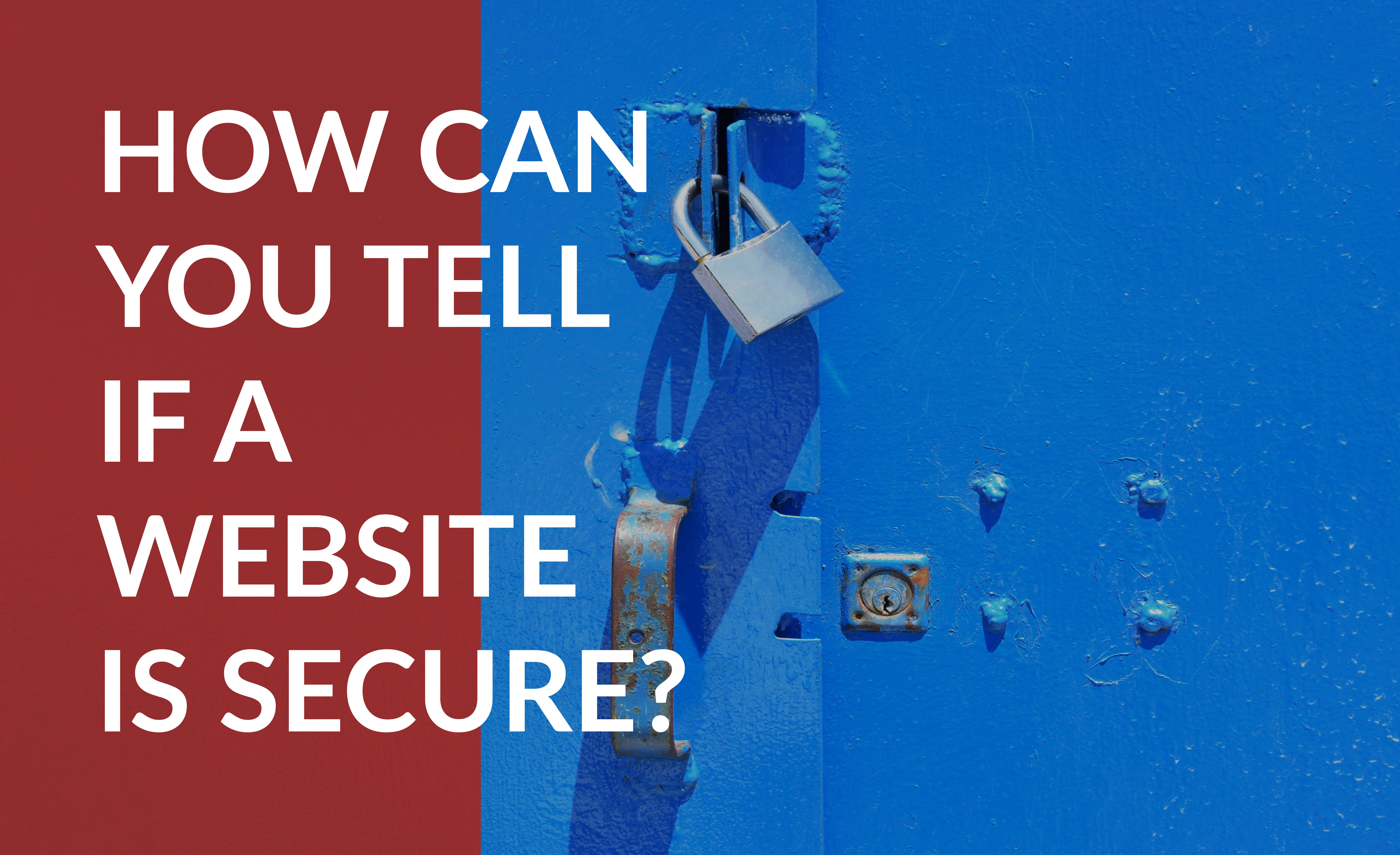SSL: How Does it Keep Your Website Secure?
SSL: Just another silly acronym?
Hardly.
SSL stands for Secure Sockets Layer, and you need it if you want your website visitors and potential customers to trust you and your site. Stick around as we dive into the details regarding SSL — you’ll learn what it does, how it can affect your SEO efforts, and how it influences people’s trust in your site.
What is SSL and how does it work?
What exactly is a Secure Sockets Layer? Dictionary.com defines SSL as “… a protocol that uses encryption to ensure the secure transfer of data over the Internet.”
In a nutshell, SSL is a technology that keeps your website visitors’ personal information private (and away from hackers) when they submit it on your website.
Fun fact: The original SSL technology has since been replaced by an updated version, called TLS or Transport Layer Security, but the collective Internet is so used to the term SSL that we keep using it.
Think of it this way: Whenever someone fills out a form or submits information on a website their information has to digitally travel from point A (where they submitted it) to point B (where it’s stored).
If the website they’re using isn’t secure, or doesn’t use SSL, then hackers can intercept and read the information being transmitted. This is called a man-in-the-middle attack and you won’t know it’s happened until it’s too late.
Secure websites, or those that have an SSL certificate, are less likely to fall prey to any MITM attacks. When SSL is used, the connection between your computer and the other site is secured and heavily encrypted, making it nearly impossible for hackers to snag any information being passed back and forth.
Put yourself in your site visitors’ shoes. If you like to do online shopping or banking, wouldn’t you feel better knowing your information is transmitted via a secure connection? We sure would. And a survey by GlobalSign found that “85% of online shoppers avoid unsecure websites.” That’s a lot of business you could be missing out on.
How to identify a secure site.
Websites can’t hide their security status. In fact, most browsers will alert you to a site’s security status in the URL bar.
How do you know if a site isn’t secure?
If you use Chrome, you’ll see an alert that looks like this:
If you click on the information icon, you’ll get the following message:
What will you see on a site that has SSL enabled?
On Chrome, you’ll see a little padlock icon to indicate a secure site.
If you click on the padlock icon, you’ll receive the following message:
Alternately, you can look to the website’s full URL in the browser’s address bar to find out whether or not it uses SSL.
- Not secure websites: URLs will start with “HTTP://…”
- Secure websites: URLs start with “HTTPS://…,” where the S stands for secure.
Secure websites perform better in search engine results
Since 2014, Google has said that they use HTTPS as a ranking signal in search results.
What does that mean for you?
If your website has SSL then it’s more likely to show up higher in SERPs (search engine result pages) than a site that isn’t secure. Even if you’re not collecting visitors’ information on your website, you need SSL so you aren’t penalized in search results.
Google has pledged to “continue working towards a web that’s secure by default,” so we don’t think HTTPS importance will decrease any time soon.
How can you add SSL to your site?
It’s easy with Domain.com — we offer a variety of SSL certificates to fit your needs. Here are the plans and details so you can identify the best option for your site.
LetsEncrypt Free SSL – If you have a basic website and don’t collect any sensitive information from your visitors, then this option should suffice. Search engines and visitors will see that your site is secure and that will increase their trust in you.
Before getting SSL for your site, you’ll need to make sure you have your domain name and hosting. Then, you can log into your account to turn on your free LetsEncrypt SSL.
If you actively collect customer information (even if it’s just an email address) on your site or manage an e-commerce site then consider purchasing a more advanced SSL offering, like one of the following, all powered by Comodo SSL.
Domain Validated SSL – Secure your customer information, help boost your Google search rankings, and receive the TrustLogo® Site Seal to display on your site. You’ll also be backed by a warranty from Comodo SSL for up to $10,000 to protect the end user.
Wildcard SSL – Our Wildcard offering will give you all the features of the previous plan along with the ability to protect multiple subdomains. You’ll receive a warranty of up to $250,000 to protect the end user with this plan.
E-Commerce SSL – This is our best SSL plan and is ideal for those with e-commerce websites, and offers a green “trust” visual bar for your site, like you see in the image below, and up to a $1,750,000 warranty for the end user.
Rest easy knowing you’re secure with SSL
The importance of having SSL on your website is only going to increase.
Google is without a doubt the most popular search engine, and they aren’t pulling any punches when it comes to making the Internet a safer place for all of us.
If you don’t have SSL you risk having your site pushed down in search engine results and losing your site visitors’ trust. Get SSL today, and turn your site into a trusted resource.
